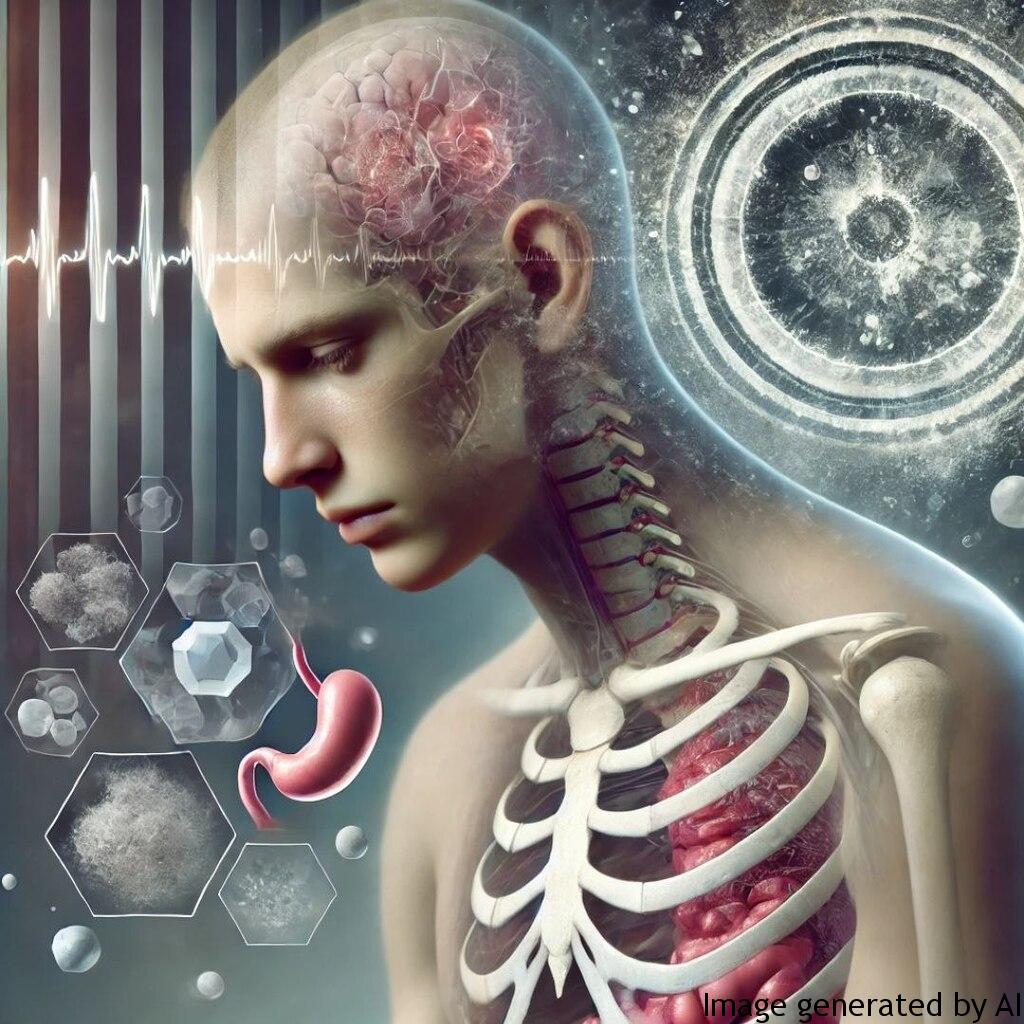Introduction
Chronic diseases, often long-lasting and slowly progressing, are known for their profound and broad impact on the human body, affecting general health status and leading to multi-organ damage. A neglected aspect being significantly influenced by chronic illnesses are hormones, bioactive substances responsible for the regulation of most body processes. Not only does hormonal disturbance increase the risk of developing chronic conditions, but progression of the disease itself also alters hormonal balance, which leads to a twofold negative cycle.
Gender Expectations and Their Impact on Men’s Mental Health
The Impact of Masculine Norms
Traditional, socially-constructed gender roles often prompted men to be stoic, independent, and emotionally undemonstrative. Such unrealistic expectations impose psychological pressure on men, leading to increased vulnerability to stress and vulnerability to the development of various psychiatric disorders, including anxiety and depression.
Chronic Diseases and Hormonal Changes in Men
Men with chronic diseases often experience associated hormonal fluctuations. Testosterone, the main male hormone, can significantly decrease with the progression of chronic illnesses such as diabetes and heart disease. Lower testosterone levels may result in a range of effects such as fatigue, muscle weakness, mood swings, and depressive disorders, exacerbating the psychological burden of dealing with a chronic condition.
Examples of How Gender Roles can Affect Men’s Lives
Masculine norms such as emotional stoicism and self-reliance not only contribute to added mental stress but can also discourage men from seeking needed medical attention. The reluctance to ask for help when presented with health challenges may delay the diagnosis and treatment of chronic conditions, leading to poorer health outcomes.
Moreover, societal expectations for men to be physically robust can make the physical losses associated with chronic diseases and hormonal changes even more devastating, leading to a reduced quality of life, feelings of inadequacy, and an increased risk of depression.
Tips for Improving Mental Health Bearing in Mind Gender Roles
It’s essential to challenge harmful masculine norms that affect men’s mental health. Open discussions about the emotional burdens and fears associated with chronic diseases can help to break down barriers and reduce the stigma associated with expressing vulnerability.
Providing accessible healthcare services, including psychological support, for men struggling with chronic diseases is crucial. Raising awareness about the link between chronic conditions and hormonal imbalances and their impact on mental health can encourage men to seek help more readily.
Conclusion
Chronic diseases and their effects on hormones have significant implications for men’s mental health, much of this burden exacerbated by existing gender norms. Encouraging men to break free from these societal expectations and seek needed care is an integral part of improving health outcomes. Regardless of gender roles, it’s key to remember that everyone deserves compassionate, comprehensive care that addresses both their physical and mental well-being, particularly in the face of a chronic illness.

